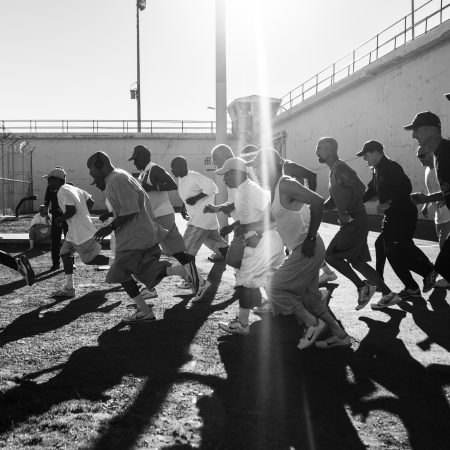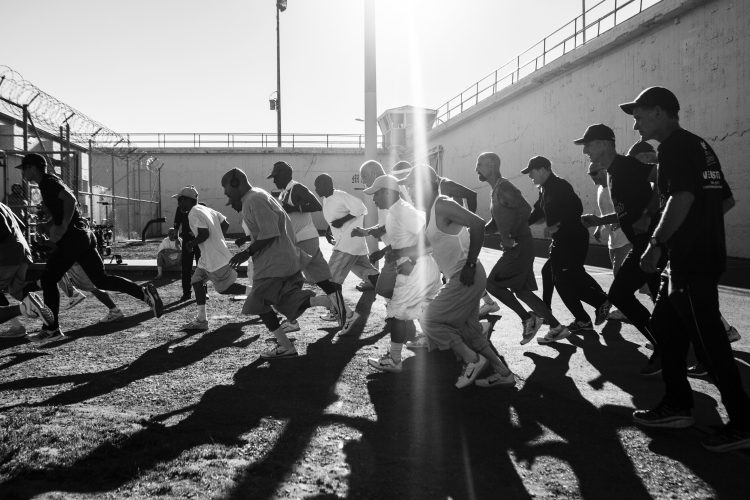The miracle of birth is no longer confined just to Earth.
Freeze-dried mice sperm has successfully produced healthy pups after it spent 288 days aboard the International Space Station. The experiment was part of a pioneering study, published in Proceedings of the National Academy of Sciences Monday, examining the effects of space travel on semen.
Making babies in space is harder than it seems, The Conversation reports. And it’s a subject that scientists have been worried about because reproduction is crucial for any species to survive in space, especially if Mars is colonized.
In particular, scientists are concerned about radiation and gravity. Evidence from a 2009 study suggests that low-gravity environments cause embryos to develop more slowly.
To see how sperm fared under intense radiation, the frozen mouse sperm was sent to the space station where it received 100 times more radiation than on Earth. When the space semen returned home, scientists examined its DNA to find no dicernable changes.
This article was featured in the InsideHook newsletter. Sign up now.






















